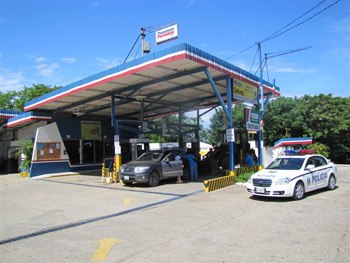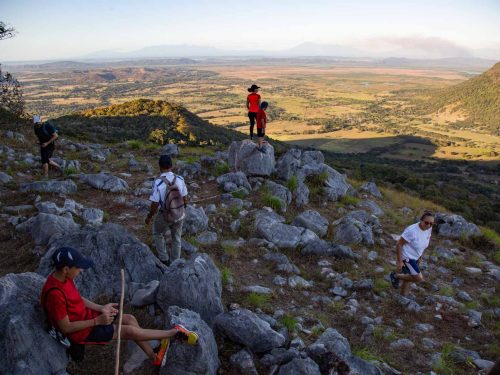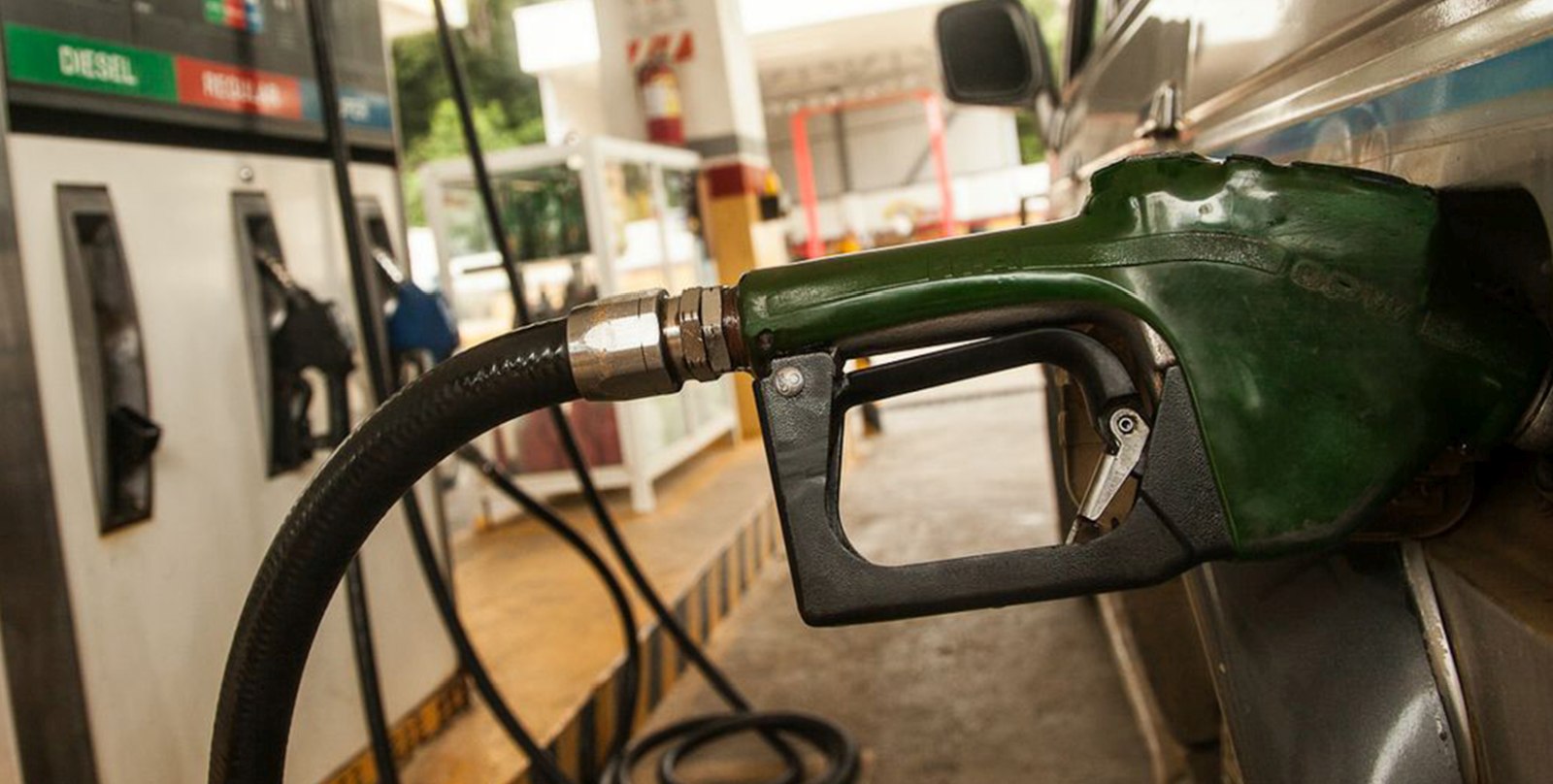
The four Guanacaste gas stations that had been found to be out of compliance with standards for super grade gasoline, according to the Public Services Regulatory Authority (ARESEP – Autoridad Reguladora de los Servicios Públicos), have corrected their operations to bring their products in line with regulations.
The four stations involved are Estacion de Servicios JSM and Servicentro Santa Cruz in the canton of Santa Cruz, Petroleos Total in Liberia, and Servicentro Samara in Samara.
The samples on which ARESEP based its findings were taken in March of this year, in the case of the stations in Santa Cruz and Nicoya, while stations in Liberia were tested in June.
According to Martha Zuñiga, who works at Servicentro Samara, they were notified by ARESEP and immediately proceeded to take corrective measures.
“When the gas station was present with the sediment problem it was a sample taken by CELEQ on March 18 and in that case it was sediment in super gasoline. At the same time the CELEQ officials have procedures in which the station should take measures. Filters are changed and the tanks are cleaned if [sediments] are prsent,” said Zuñiga.
For his part, Alejandro Perez, the supervisor for Petroleos Total in Liberia, indicated that the company has already made the changes suggested by ARESEP.
“We have the documents that show that we have made the corrections requested by ARESEP and everything is normal,” explained Perez.
According to Carolina Mora, spokesperson for ARESEP, they demand that gas stations make the corrections immediately.
“When deficiencies are found in the product’s quality, the gas station’s owners are required to correct the error immediately. They have to wash the tanks, change filters, et cetera. Then we make another visit to verify that everything is in order,” said Mora.
Mora explained that the 31 gas stations throughout the country that had been out of compliance are now functioning normally. However, the proper disciplinary processes are moving forward.
“In these cases an administrative penalty process is initiated; the companies have the right to pump, and they can present reasons for why the deficiencies [appeared] and then the penalty or fine is determined or even – in the case of repeat offenders – the stations could lose their operating permits,” said Mora.
Fines for noncompliance can range from ₡3 million ($5,500) to ₡21 million ($38,750), depending on the severity of the case.







Comments